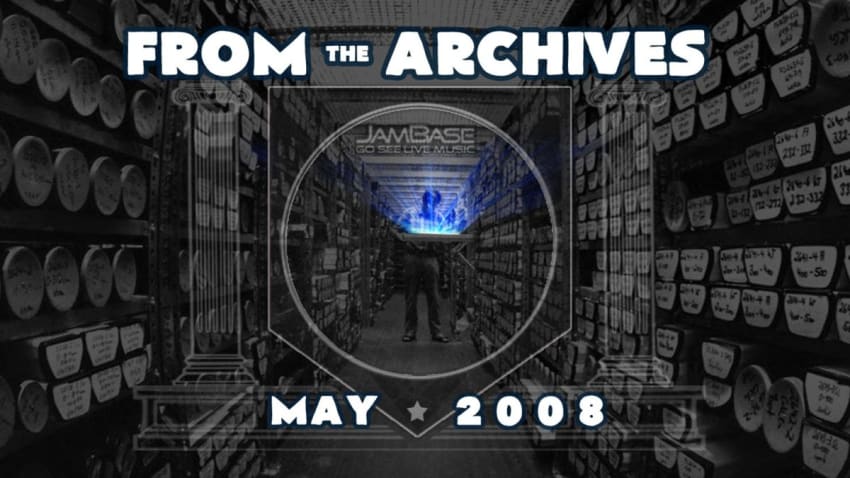Tony Allen: Afro Disco Beat
By Team JamBase May 5, 2008 • 9:40 am PDT

 Ten tracks spread over two discs on Tony Allen‘s Afro Disco Beat: Complete Recordings 1968-1979 (Vampisoul), finds one of the founders of Afrobeat fusing funk, soul, reggae, jazz and polyrhythms into lengthy, danceable epics. The era covered on these discs includes Allen’s works before the official start of the Afrofunk genre, featuring his first four solo albums with backing bands (Fela Kuti’s) Africa ’70 and the Afro Messengers.
Ten tracks spread over two discs on Tony Allen‘s Afro Disco Beat: Complete Recordings 1968-1979 (Vampisoul), finds one of the founders of Afrobeat fusing funk, soul, reggae, jazz and polyrhythms into lengthy, danceable epics. The era covered on these discs includes Allen’s works before the official start of the Afrofunk genre, featuring his first four solo albums with backing bands (Fela Kuti’s) Africa ’70 and the Afro Messengers.
Most of the tracks come from Kuti-produced albums after Allen had parted ways with Kuti to become a bandleader in his own right. But, Kuti and Allen had a special working relationship, where Kuti’s visionary but control freak nature combined well with Allen’s chilled attitude and jazzy highlife talent. Kuti eventually allowed Allen to propose his own compositions, lending his band to Allen’s use. Hanging out in the Lagos clubs growing up in Nigeria, Allen would get a beating for returning home late in the evening, yet he still persevered, and the rebellious character he shared with Kuti is on display here.
The starting notes played by horns on “Jealousy” open the listener’s ears to a straightforward funk groove followed by minimal percussion. Slowly and surely, each instrument is introduced, starting with a mellow bassline. Some rhythm guitar enters the picture before the horns regain their forefront position. The tracks on the first disc are mostly instrumental compared with the lyric and speech-heavy songs on Disc Two.
The jam nature of the elongated tracks allows for instrumental solos (such as saxophone in “No Accommodation for Lagos”), Allen’s husky singing and rapping overtop, bolstered by extended percussion rants. The remastered quality of the tracks comes across with the crispness and clarity of a modern recording, allowing for the drumming legend’s resurgence with a new generation.
Allen often remains true to traditional African music culture with call-and-response sections, group singing, the aforementioned polyrhythms (Allen sounds, as Kuti once said, “like four drummers at once”) and Nigeria-centric subject matter. Lagos, Allen’s hometown, crops up in several selections as the heart and inception of Afrobeat. Allen also interjects political statements into his music, as with “No Discrimination” or common sense advice like “Road Safety” (“brothers and sisters, you children, take care on the road”). Beyond all the ingredients making Allen’s music career in the 1970s unique, his dynamic drumming sets him apart from most Afro-funk conglomerates, from that or any time period afterwards.
JamBase | Africa
Go See Live Music!
